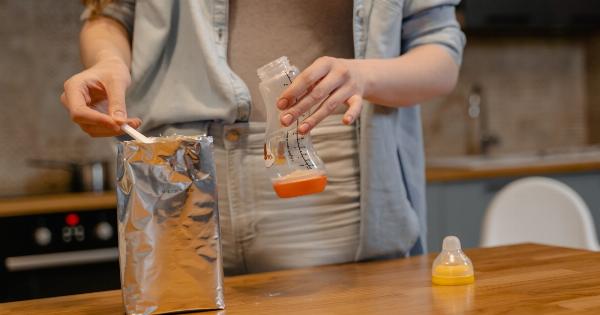Memory recovery following a stroke is a complex process that varies from person to person.
Stroke, also known as a cerebrovascular accident (CVA), occurs when the blood flow to the brain is disrupted, leading to damage in brain regions crucial for memory function. The recovery time for memory impairment post-stroke can be influenced by various factors, including the severity and location of the stroke, age of the individual, and the effectiveness of rehabilitation interventions.
Types of Memory Affected by Stroke
Stroke can impact different types of memory, including:.
- Short-term (working) memory: This type of memory allows us to hold and manipulate information for a short period, such as remembering a phone number long enough to dial it.
- Long-term memory: Long-term memory involves the storage and retrieval of information over an extended period. It can be further divided into explicit (conscious) and implicit (unconscious) memory.
- Episodic memory: Episodic memory involves the ability to recall specific events or personal experiences.
- Semantic memory: Semantic memory relates to general knowledge and facts about the world.
- Procedural memory: Procedural memory is responsible for remembering motor skills and procedures, such as riding a bike or tying shoelaces.
Immediate Impact on Memory
Shortly after a stroke, memory impairment is often observed due to the sudden disruption of blood flow and subsequent damage to the brain.
Individuals may experience difficulty remembering recent events, recalling familiar faces, or even following simple instructions.
Recovery Time for Memory Post-Stroke
The recovery time for memory impairment following a stroke varies significantly among individuals. Factors that influence the recovery timeline include:.
- Severity of the stroke: The extent of brain damage caused by the stroke can significantly impact the recovery time for memory. Severe strokes may require more extended rehabilitation periods.
- Location of the stroke: The specific brain regions affected by the stroke can determine the types of memory impairment and the potential for recovery. Different brain regions contribute to various aspects of memory.
- Age of the individual: Younger individuals tend to have better memory recovery post-stroke compared to older adults. However, this is not always the case, as individual variations can influence the recovery process.
- Rehabilitation interventions: Appropriate and timely rehabilitation is crucial for memory recovery. Rehabilitation programs often include a combination of physical, occupational, and speech therapy to address various cognitive deficits, including memory impairment.
Rehabilitation Strategies for Memory Recovery
Several rehabilitation strategies can facilitate memory recovery following a stroke:.
- Cognitive Rehabilitation: This approach aims to improve cognitive function, including memory, through various techniques such as memory exercises, attention training, and problem-solving tasks.
- External Memory Aids: Using external memory aids, such as calendars, reminders, or smartphone apps, can help compensate for memory difficulties and enhance day-to-day functioning.
- Compensatory Strategies: Employing compensatory strategies involves adapting one’s routines or environment to accommodate memory challenges. Examples include establishing a consistent routine or using visual cues.
- Technology-based Interventions: Emerging technologies, such as virtual reality and computer-based programs, can provide personalized and engaging platforms for memory rehabilitation.
Factors Affecting Memory Recovery
While the recovery of memory following a stroke can be influenced by multiple factors, several key aspects play a significant role:.
- Neuroplasticity: The brain’s ability to reorganize and form new connections is crucial for memory recovery. Neuroplasticity allows undamaged brain regions to take over the functions of damaged areas.
- Emotional Impact: Emotional factors, such as stress or depression, can impact memory recovery. Emotional well-being and psychological support are essential for optimizing memory rehabilitation outcomes.
- Support System: Having a strong support system, including family, friends, and healthcare professionals, can positively affect memory recovery. Supportive environments foster motivation and engagement in rehabilitation.
Long-term Outlook
It is important to note that memory recovery post-stroke is a gradual process that may continue for months or even years.
While some individuals may experience significant improvement, others may have residual memory difficulties despite rehabilitation efforts. Ongoing cognitive exercises and strategies can help individuals maximize their memory function over time.
Conclusion
Memory recovery following a stroke is highly dependent on various factors, including the type and severity of the stroke, the location of brain damage, the age of the individual, and the effectiveness of rehabilitation interventions.
While the recovery timeline is highly individualized, appropriate rehabilitation strategies, along with a supportive environment, can greatly enhance memory recovery outcomes. Understanding the complexities of memory recovery post-stroke can inform healthcare professionals in developing tailored rehabilitation programs for individuals seeking to regain their cognitive abilities.





























